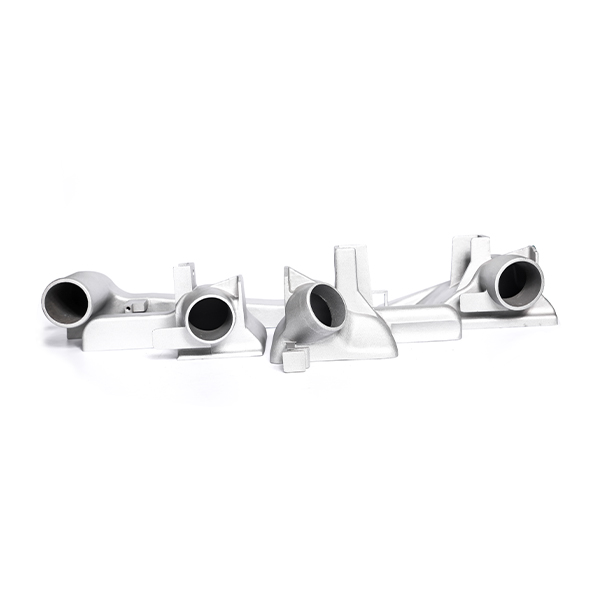Mobile:+86-311-808-126-83
Email:info@ydcastings.com
Aluminium Pressure Casting Techniques for Enhanced Product Performance and Efficiency
Aluminium Pressure Casting A Comprehensive Overview
Aluminium pressure casting is a highly efficient manufacturing process that involves injecting molten aluminium into a mold under high pressure. This method not only allows for intricate designs but also enhances the mechanical properties of the cast parts. Due to its versatility, aluminium pressure casting has gained prominence in various industries, including automotive, aerospace, and electronics.
The process begins with the preparation of the molten aluminium, which is alloyed to achieve specific characteristics such as strength, weight, and corrosion resistance. Once the aluminium reaches the desired temperature, it is injected into a steel mold using a pressure chamber. The pressure forces the molten metal to flow into the intricate details of the mold, filling it completely before cooling and solidifying. This rapid cooling results in a fine-grained microstructure, which contributes to improved strength and ductility of the final product.
One of the significant advantages of aluminium pressure casting is its ability to produce complex shapes in a single operation, reducing the need for secondary machining. This not only decreases production time but also minimizes material waste. The precision of the process allows manufacturers to meet tight tolerances and achieve excellent surface finishes, making it suitable for components that require high aesthetic value and functionality.
aluminium pressure casting

In addition to its efficiency in creating complex geometries, aluminium pressure casting also offers excellent mechanical properties. Cast aluminium parts are known for their lightweight nature, which is crucial in industries where reducing weight can lead to enhanced fuel efficiency and performance. Furthermore, aluminium exhibits good corrosion resistance, which is a vital attribute for components exposed to harsh environments.
However, like any manufacturing process, aluminium pressure casting has its challenges. Factors such as mold design, gating system, and thermal management can significantly impact the quality of the cast products. Additionally, the initial setup cost for the molds can be relatively high, making it essential for manufacturers to assess the economic feasibility for large production runs.
Sustainability is becoming an increasingly important consideration in manufacturing, and aluminium pressure casting is no exception. Aluminium is highly recyclable, and recycling processes consume significantly less energy compared to primary aluminium production. By utilizing recycled materials, manufacturers can reduce their environmental footprint while still producing high-quality components.
In conclusion, aluminium pressure casting is a sophisticated manufacturing process that combines efficiency, precision, and mechanical strength. Its ability to produce complex geometries, coupled with the lightweight and durable nature of aluminium, makes it an ideal choice for various applications. As industries continue to prioritize sustainability and performance, the relevance of aluminium pressure casting is likely to grow, driving innovations that further enhance its capabilities.
-
Impeller Technology That Powers Precision in Pump SystemsNewsMay.22,2025
-
Valve Durability Begins with Quality Cast Iron ComponentsNewsMay.22,2025
-
Performance Cooling with Advanced Automobile Water Pump SolutionsNewsMay.22,2025
-
How Motor Housing and Oil Pans Shape Engine PerformanceNewsMay.22,2025
-
How Metal Castings Drive Modern Manufacturing EfficiencyNewsMay.22,2025
-
Exploring the Engineering Behind Valve Body CastingsNewsMay.22,2025











